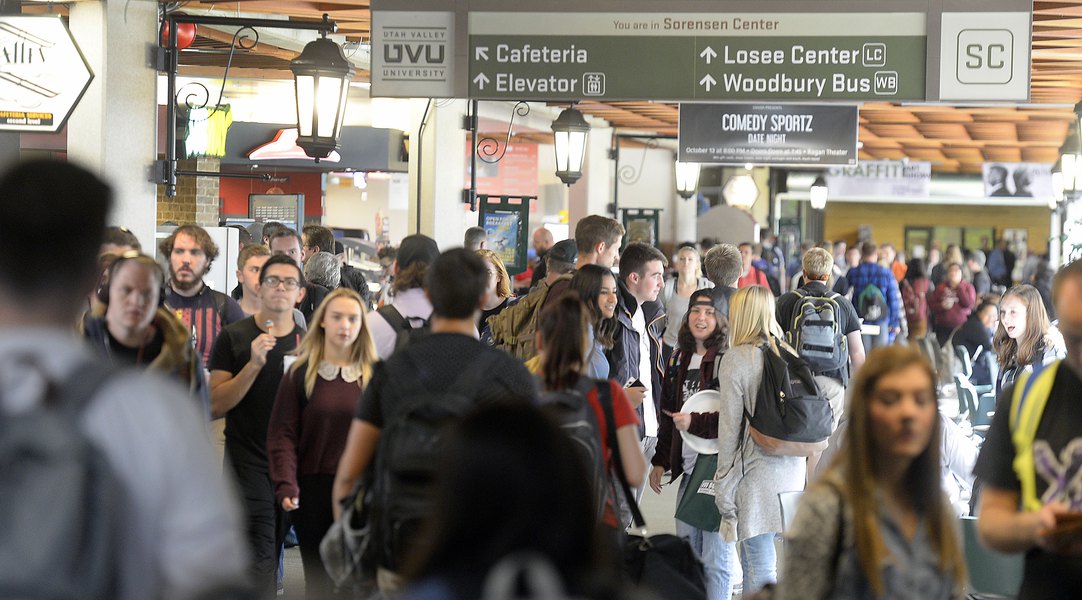Utah’s college students report depression so bad it was ‘difficult to function’— but few said they saw a counselor
Good article in today’s Salt Lake Tribune about how bad the mental health problem is at Utah’s 8 college campuses. This is just one reason why I’m trying to get my “Mental Fitness” course approved as an on-campus elective – so students have the resources to take personalized action to improve their own mental wellness and stress resilience.
See my highlights below and the full original article here =https://www.sltrib.com/news/education/2019/09/14/utahs-college-students/

A new effort to examine the mental health challenges experienced by Utah’s college students is just beginning — but already the early results are stark.
An online survey offered to students at all eight public institutions found a startling percentage had intentionally harmed themselves and even more have felt so debilitated by depression it was difficult to function. The report, released Friday by the Utah System of Higher Education, is meant to spur fixes as colleges face criticism from students who say access to help is limited at best. And without support, there can be devastating consequences.
Of the respondents, 45.6% reported feeling “so depressed it was difficult to function.” At none of the eight schools did that dip below 40%. At both Salt Lake Community College and Southern Utah University, it went above 50%.
Still, it’s the first time all university students in Utah have been collectively asked the same questions about whether they are feeling sad, exhausted or hopeless. Never before has this data been available. And the results were verified by the American College Health Association as statistically significant.
Utah Valley University President Astrid Tuminez said her school did its own survey on campus before this and “the results were similarly dark.” She added that UVU has one full-time counselor for every 2,300 students, or about 15 for the population of 35,000 there. She believes it’s not enough.
The University of Utah has roughly 14.25 counselors for 33,000 students.
Students at Utah State University voted to raise student fees to hire more. As soon as two more psychologists and a therapist come on board, they’ll have about 12 counselors for 16,000 students.
At SLCC, there are eight counselors and 29,000 students.
Additionally, the college sees wait times of about 10 days to two weeks— which is on the shorter end for the state. At some universities, students have to wait a month or more to see someone.
Isaac Reese, a sophomore at the University of Utah, said he’s had friends not be able to get in at all because the hours are limited and the slots are full. Reese has seen a counselor during finals week to help with the stress — but the school brings more people in for that period.
Otherwise, he said, “access is pretty limited.”
The board of regents for the Utah System of Higher Education first approved an examination into the mental health of college students in 2016. Institutions will evaluate this first round of results in developing a five-year plan to address the issue, including hiring more counselors and improving the quality of services. Those plans will be released in November.
The surveys will also continue every spring to see if the numbers change. And it’s possible they become mandatory for all students to fill out.
Anyone experiencing suicidal thoughts is asked to call the 24-hour National Suicide Prevention Hotline at 1-800-273-TALK (8255). Utah also has crisis lines statewide listed at utahsuicideprevention.org/gethelp and the SafeUT app offers immediate crisis intervention services for youths and a confidential tip program.